National Science Day 2022: Indian scientists who changed the world
-Riya Ganguly
“The essence of science is independent thinking, hard work, and not equipment.” – CV Raman
Annually celebrated on February 28 officially by the Government of India, National Science Day 2022 commemorates Chandrasekhara Venkata Raman’s discovery of the ‘Raman Effect’ in 1928. Revolutionizing the phenomenon of light-scattering in optics which went on to win him his Nobel Prize in Physics in 1930, CV Raman’s discovery had far-ranging implications as the National Council for Science and Technology Communication proposed designating Feburuary 28 as National Science Day annually to promote awareness of science and its application across the nation. Since its inception in 1987, this annual observance has been an apt opportunity to recognize the valuable contributions of Indian scientists to the fields of technology and communication besides honouring the legacy of CV Raman.
India has been home to a gamut of brilliant scientists who have revolutionized science and technology with their unique contributions and discoveries; here are five Indian scientists who left an indelible mark on the world with their inventions:
CV Raman (1888-1970)
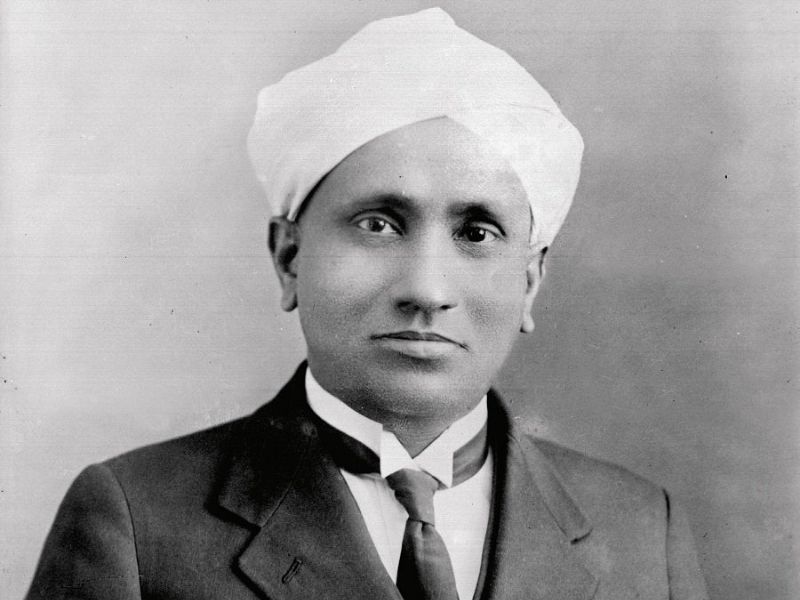 The physicist honoured through this national observance, CV Raman’s discovery of the Raman Effect was a momentous discovery in the history of physics as his pioneering work in scattering of light made him the first non-white and Asian to become the recipient of a Nobel Prize in the sciences. The influential Indian scientist also went on to become the first Indian director of the Indian Institute of Science in 1933, ultimately establishing the Raman Research Institute devoted to scientific research and discoveries. Raman was honoured with the Bharat Ratna Award in 1954 to commemorate his contributions to scientific development in India.
The physicist honoured through this national observance, CV Raman’s discovery of the Raman Effect was a momentous discovery in the history of physics as his pioneering work in scattering of light made him the first non-white and Asian to become the recipient of a Nobel Prize in the sciences. The influential Indian scientist also went on to become the first Indian director of the Indian Institute of Science in 1933, ultimately establishing the Raman Research Institute devoted to scientific research and discoveries. Raman was honoured with the Bharat Ratna Award in 1954 to commemorate his contributions to scientific development in India.
Homi J. Bhaba (1909-1966)
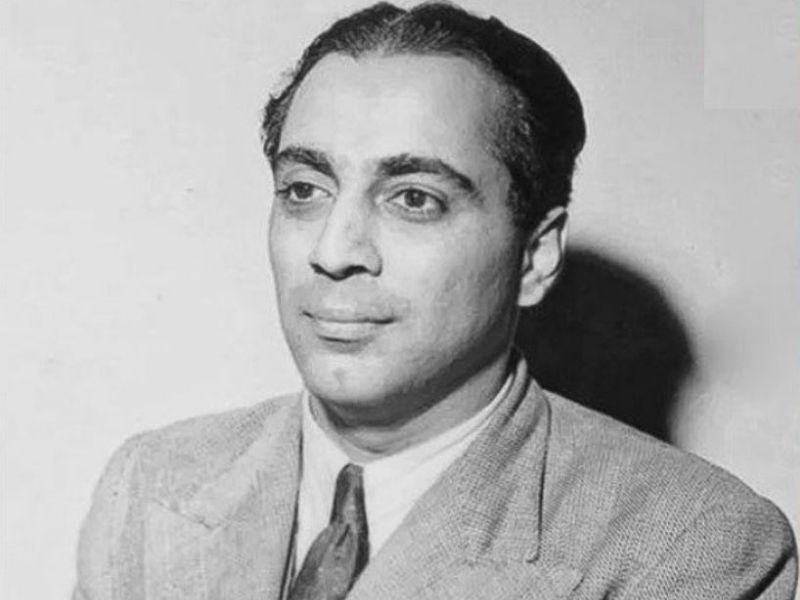 Titled as the ‘Father of Indian nuclear power’, Dr. Homi J. Bhaba is credited for his pioneering work in nuclear physics and atomic energy along with the development of the nuclear power programme in India. Bhaba’s status as one of India’s most prominent scientists has been honoured over the years through various gestures including renaming the Atomic Energy Establishment in Trombay he founded as Bhabha Atomic Research Centre and naming multiple universities and educational institutions in his honour. His contributions to science and physics were acknowledged by his reception of multiple honours and laurels including multiple Nobel Prize nominations, the prestigious Adams Prize awarded by the University of Cambridge and the Padma Bhushan.
Titled as the ‘Father of Indian nuclear power’, Dr. Homi J. Bhaba is credited for his pioneering work in nuclear physics and atomic energy along with the development of the nuclear power programme in India. Bhaba’s status as one of India’s most prominent scientists has been honoured over the years through various gestures including renaming the Atomic Energy Establishment in Trombay he founded as Bhabha Atomic Research Centre and naming multiple universities and educational institutions in his honour. His contributions to science and physics were acknowledged by his reception of multiple honours and laurels including multiple Nobel Prize nominations, the prestigious Adams Prize awarded by the University of Cambridge and the Padma Bhushan.
Satyendra Nath Bose (1894-1974)
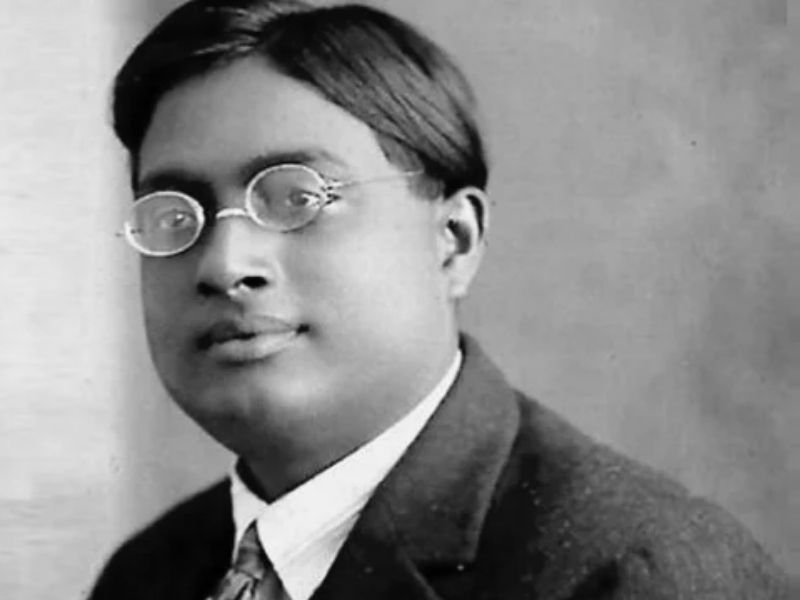 The Indian theoretical physicist and mathematician is credited for his contributions to the field of quantum mechanics in the early 1920s. His collaboration with Einstein in developing the Bose-Einstein condensate and Bose-Einstein statistics became one of the most significant aspects of his illustrious career in science, while his research career also included valuable collaborations with eminent scientists including Marie Curie and Louis de Broglie. Bose’s contributions to science made him the recipient of the Royal Society Fellowship and the Padma Vibhushan Award from the Government of India.
The Indian theoretical physicist and mathematician is credited for his contributions to the field of quantum mechanics in the early 1920s. His collaboration with Einstein in developing the Bose-Einstein condensate and Bose-Einstein statistics became one of the most significant aspects of his illustrious career in science, while his research career also included valuable collaborations with eminent scientists including Marie Curie and Louis de Broglie. Bose’s contributions to science made him the recipient of the Royal Society Fellowship and the Padma Vibhushan Award from the Government of India.
Acharya J.C. Bose (1858-1937)
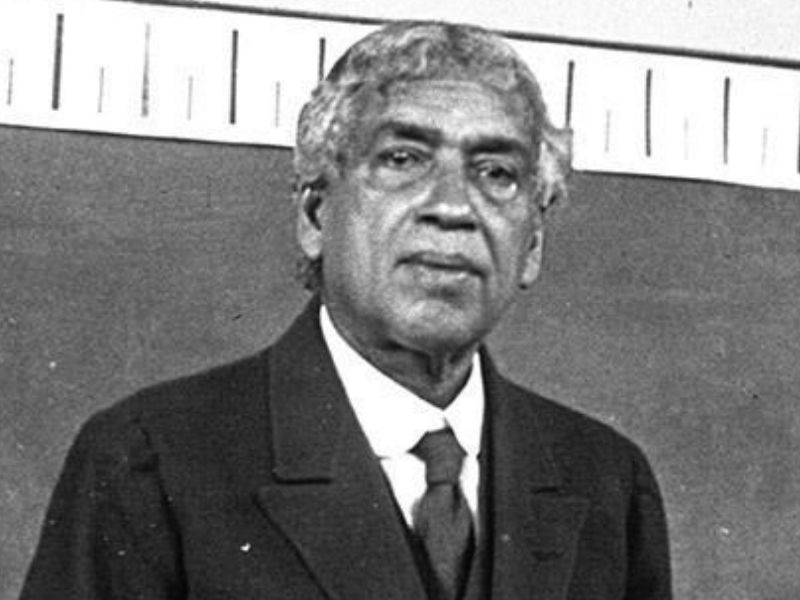 The Bengali scientist and polymath Jagadish Chandra ‘J.C.’ Bose is known for laying the foundation of experimental science in India as his pioneering research with radio and microwave optics and plant science contributions paved the path for future experimental science endeavours in India. The founder of the Bose Institute has been honoured in several different ways over the years as he is considered as one of the fathers of radio science, the father of Bengali science fiction and the inventor of the crescograph measuring plant growth.
The Bengali scientist and polymath Jagadish Chandra ‘J.C.’ Bose is known for laying the foundation of experimental science in India as his pioneering research with radio and microwave optics and plant science contributions paved the path for future experimental science endeavours in India. The founder of the Bose Institute has been honoured in several different ways over the years as he is considered as one of the fathers of radio science, the father of Bengali science fiction and the inventor of the crescograph measuring plant growth.
Subrahmanyan Chandrasekhar (1910-1995)
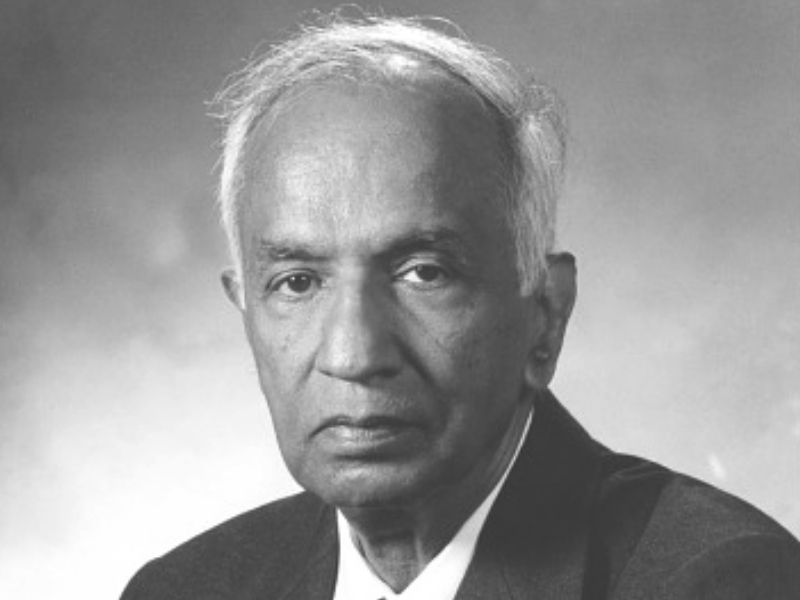 The Indian-American astrophysicist is best known for his revolutionizing work in stellar evolution. His theoretical study on the structure and evolution of stars led him to win the prestigious Nobel Prize in Physics in 1983 with fellow physicist William A. Fowler. His pioneering work in astrophysics has paved the way for several future theoretical models of stellar systems and black holes. The ‘Chandrasekhar Limit’- an astrophysical unit assessing the maximum mass of a stable white dwarf star- was named after him to honour his scientific legacy.
The Indian-American astrophysicist is best known for his revolutionizing work in stellar evolution. His theoretical study on the structure and evolution of stars led him to win the prestigious Nobel Prize in Physics in 1983 with fellow physicist William A. Fowler. His pioneering work in astrophysics has paved the way for several future theoretical models of stellar systems and black holes. The ‘Chandrasekhar Limit’- an astrophysical unit assessing the maximum mass of a stable white dwarf star- was named after him to honour his scientific legacy.
















Add comment